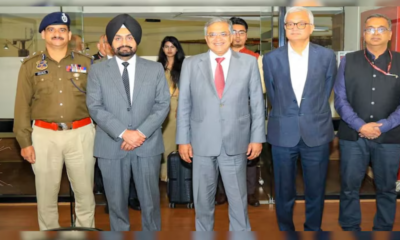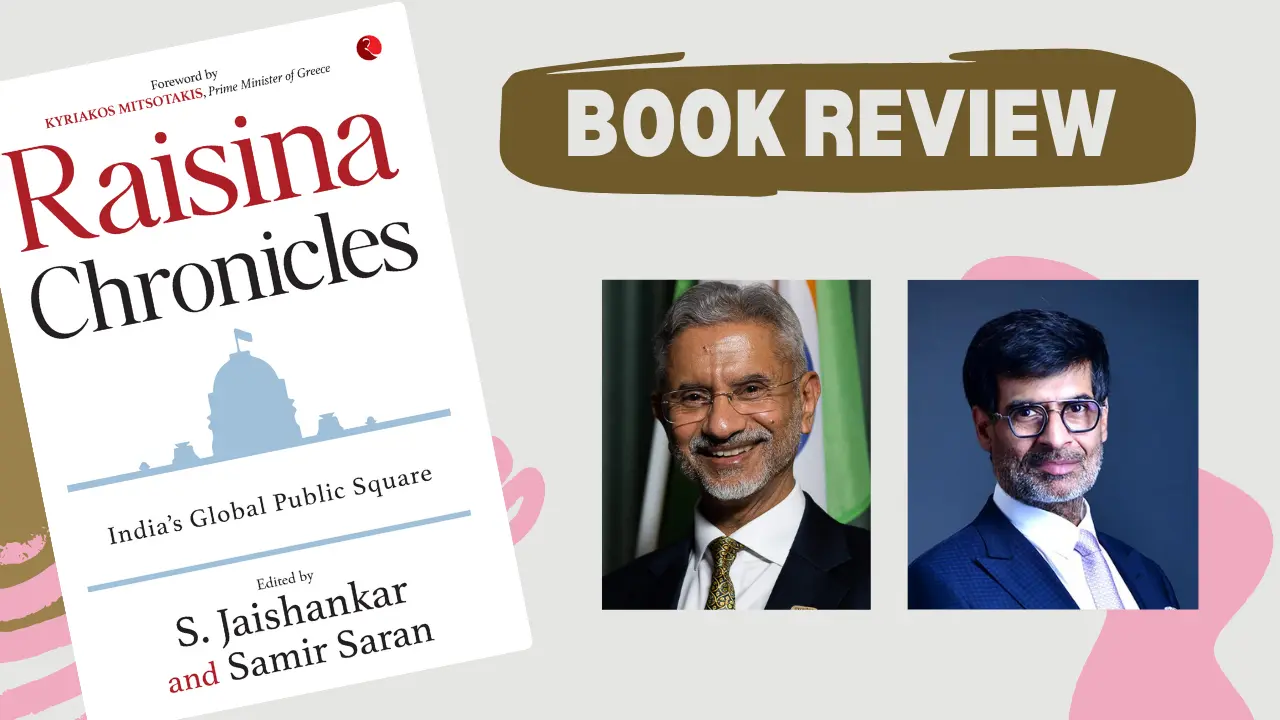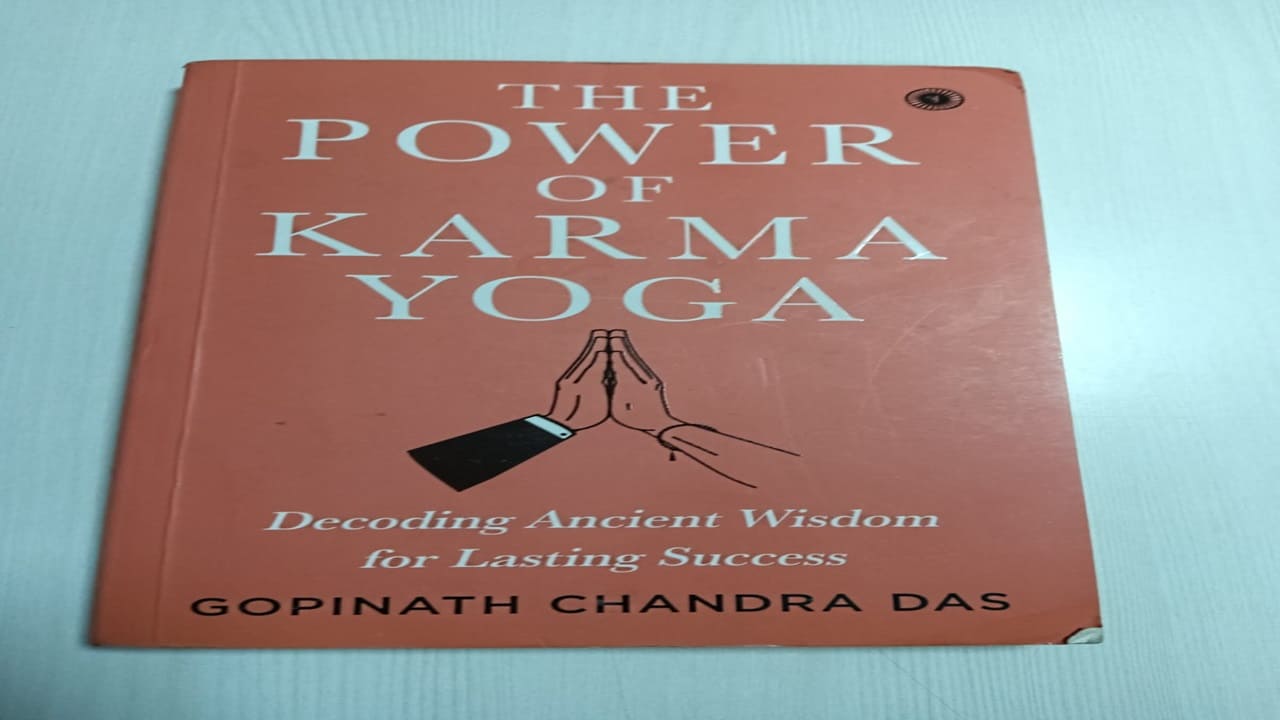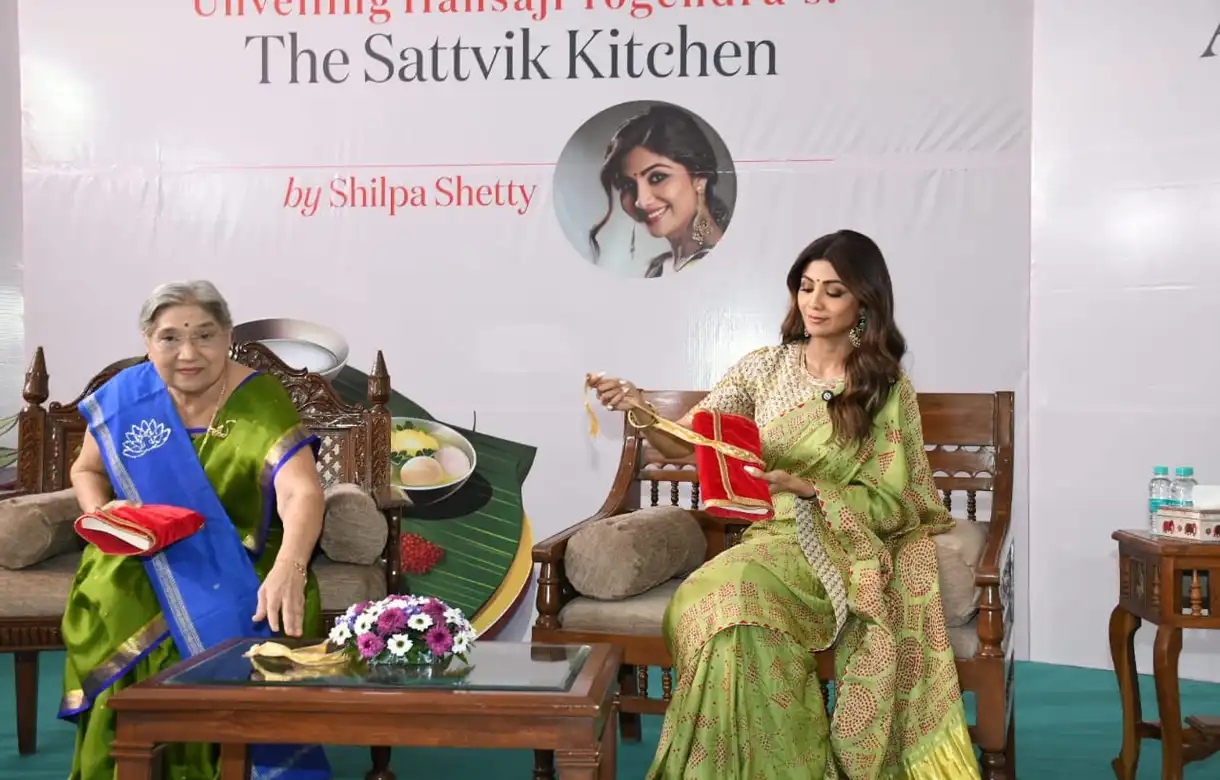The Power of Karma Yoga by Gopi Chandra Das (Jaico Books) is an attempt to unravel the mystique of the Bhagavad Gita in the contemporary context. Is Lord Krishna’s counsel to Arjuna still relevant in today’s time and social space ? How can the timeless teachings of Lord Krishna be adopted by people struggling to cope with the stresses and challenges of modern life? Is there a key teaching which can be easily adopted by stress-torn people? These and many more questions are answered by the author in his easy-to-read style.
The basic premise is that the stress is a function of identity; identity with ego or with role-playing. We all play roles in life: in the family, the office and in the social sphere. These roles demand close identification and exact their cost by way of fear, frustration and failures.
The way out is to ease one’s sense of identity with one’s temporal roles. At the metaphysical level, it means keeping oneself in a detached state from one’s ego. This requires sustained spiritual discipline, but automatically yields to mental distancing with mundane roles as well. No wonder the Katha Upanishad compares the spiritual path to a razor’s edge.
Lord Krishna sought to instil this detached perspective in Arjuna by underlining the perishable nature of the body and the transitory nature of the world. However, the key is to strike a balance between total detachment and total attachment. The golden mean is attained by letting go with discrimination. If we detach too much, it will become difficult to perform our duties; if we cling too much, the material will become a millstone. The idea is to be in the world and yet not be of it. As the Persian saint Abu Said said, “To buy and sell and yet never forget God.”
Detachment, however, doesn’t mean irresponsibility. On the contrary, it means working with utter responsibility; with a sense that the job at hand is a moment to glorify the divine. It is not only work for work’s sake; work is taken up as a tool for self-realization. This is more deeply grasped if we acknowledge that the Gita is not only a handbook of divine knowledge or spiritualised action but essentially a guidepost for the man treading the path of enlightenment.
Sri Aurobindo says: “The Gita is not a weapon for dialectical warfare; it is a gate opening on the whole world of spiritual truth and experience, and the view it gives us embraces all the provinces of that supreme region. It maps out, but it does not cut up or build walls or hedges to confine our vision.”
Or as Paramahansa Yoganananda puts it: Gita sheds light on any point of life in which the devotee finds himself in.
Delving yet further, Gopinath explains in the book that letting go is made easy by the practice of apagriha, or being unattached to desires with conscious control on attachment-driven strivings. In the process, one’s motive gets transformed from want-driven to purpose-driven. The aim, at the highest level, being self-realization: the acme of spiritual strivings. For all material strivings ought to be in essence spititual strivings.
When we shift from want-driven to purpose-driven action, the need for personal validation ceases. In our quest for a spiritual-centric action mode, yagna plays an important role. The concept of yagna is transposed from a religious fire-rite to diurnal mundane acts in which personal motives are quenched. As the borderline between the spiritual and the material gets increasingly dissolved, the quest for enlightenment becomes the summum bonum of life.
The direction and blessings of a sadguru is also needed in this eternal quest for soul freedom. In the ultimate sense, the material life and its duties become a stepping stone for a higher life which man embraces to achieve the state of kaivalya. The book lucidly interweaves real-life stories with philosophical concepts, which make for interesting reading.


 India News22 hours ago
India News22 hours ago
 Trending22 hours ago
Trending22 hours ago
 India News22 hours ago
India News22 hours ago
 Latest world news9 hours ago
Latest world news9 hours ago
 India News9 hours ago
India News9 hours ago
 India News9 hours ago
India News9 hours ago
 India News9 hours ago
India News9 hours ago
 India News9 hours ago
India News9 hours ago



